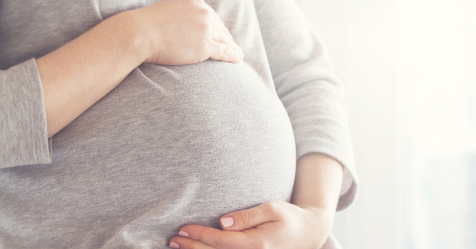|
Pregnancy is a time of great uncertainty - a time when horror stories are rife and fears about harm befalling one’s baby are common. Anxiety can be particularly significant for women who have experienced pregnancy losses (or vicarious losses through family or friends); been through the ‘roller coaster’ of fertility treatment; received diagnoses of fetal anomalies; or who have experienced a previous traumatic birth. In addition, an anxious temperament can predispose women to heightened anxiety in pregnancy, especially in the face of stressful life events.
Although anxiety tends to be seen as the 'normal' emotional landscape for pregnant women, elevated levels of anxiety can be debilitating, and can contribute to emotional disturbance in the postnatal period. Symptoms of antenatal anxiety might be overlooked by common symptoms of pregnancy such as increases in heart rate, shallow breathing, and sleep disturbance (Wenzel, 2011). In order to identify whether symptoms are problematic, the questions for women to ask themselves and/or their health practitioners are 1. "Are my symptoms interfering with my life (e.g., avoidance of usual activities for fear of feeling anxious, relationship problems, sleep disturbance, constant reassurance seeking)?" and 2. "Are my symptoms causing me distress (e.g. upsetting or intrusive thoughts and/or distressing symptoms in the body)?" (Wenzel, 2011). Women do not need to experience high levels of anxiety and worry in pregnancy or the postnatal period. Cognitive-Behavioural Therapy (CBT) can help women to learn how to manage both the physiological (body) symptoms, and the mental worry, which can contribute to a calmer pregnancy, birth, and adjustment to new parenthood. Perinatal Clinical Psychologist, Dr Renée Miller shares a useful video: Managing Your Mind: Taming Worry References Wenzel, A. (2011). Anxiety in childbearing women. Washington: American Psychological Association. Wenzel, A. & Kleiman, K. (2015). Cognitive Behavioral Therapy for perinatal distress. New York: Taylor & Francis. Comments are closed.
|
AuthorPosted by Dr Renée Miller Topics
All
|
|
We acknowledge and pay respects to the Elders and Traditional Owners of the land on which our psychologists practise.


 RSS Feed
RSS Feed

